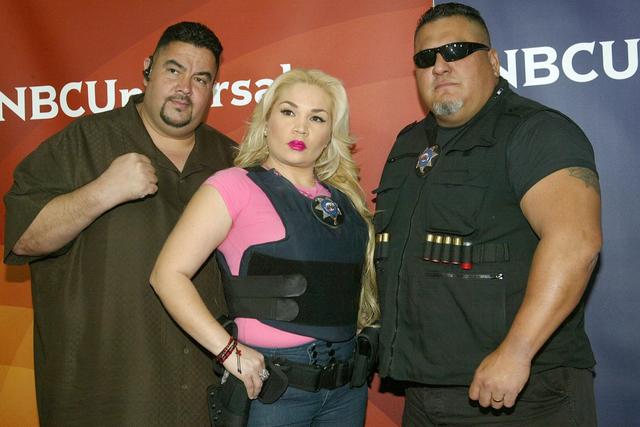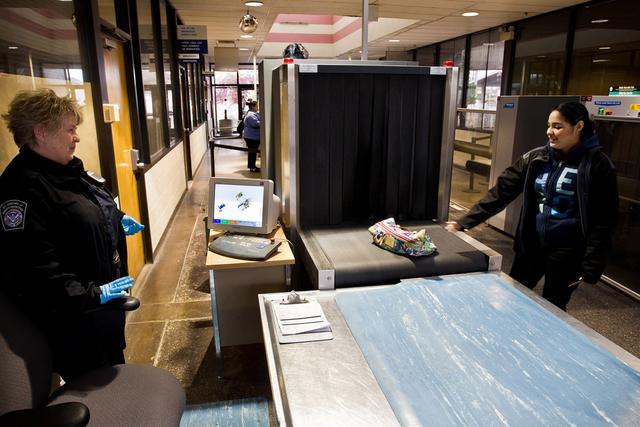Corrections Officers
Overview

Introduction
Corrections officers guard people who have been arrested and are awaiting trial or who have been tried, convicted, and sentenced to serve time in a penal institution. They search prisoners and their cells for weapons, drugs, and other contraband; inspect windows, doors, locks, and gates for signs of tampering; observe the conduct and behavior of inmates to prevent disturbances or escapes; and make verbal or written reports to superior officers. Corrections officers assign work to inmates and supervise their activities. They guard pr...
Quick Facts
Median Salary
Employment Prospects
Minimum Education Level
Experience
Skills
Personality Traits
Earnings
Wages for corrections officers vary considerably depending on their employers and their level of experience. According to the U.S. Department of Labor (DOL), the median annual wage for correctional officers and jailers was $53,300 in May 2023. The lowest 10 percent earned less than $38,340, and the top 10 percent earned more than $87,250.
The DOL reports higher earnings for supervisors/m...
Work Environment
Because prison security must be maintained around the clock, work schedules for corrections officers may include nights, weekends, and holidays. The workweek, however, generally consists of five days, eight hours per day (although it may run longer if reports on serious incidents must be written), except during emergencies, when many officers work overtime.
Corrections officers may work ...
Outlook
Employment in this field is expected to decline by 6 percent from 2023 to 2033, according to the U.S. Department of Labor (DOL). Budgetary limitations will lead to the decrease in demand for corrections officers. Many states are also leaning toward shorter prison sentences for those convicted of lesser or nonviolent crimes. Despite this prediction, the DOL says that job opportunities should be ...





































